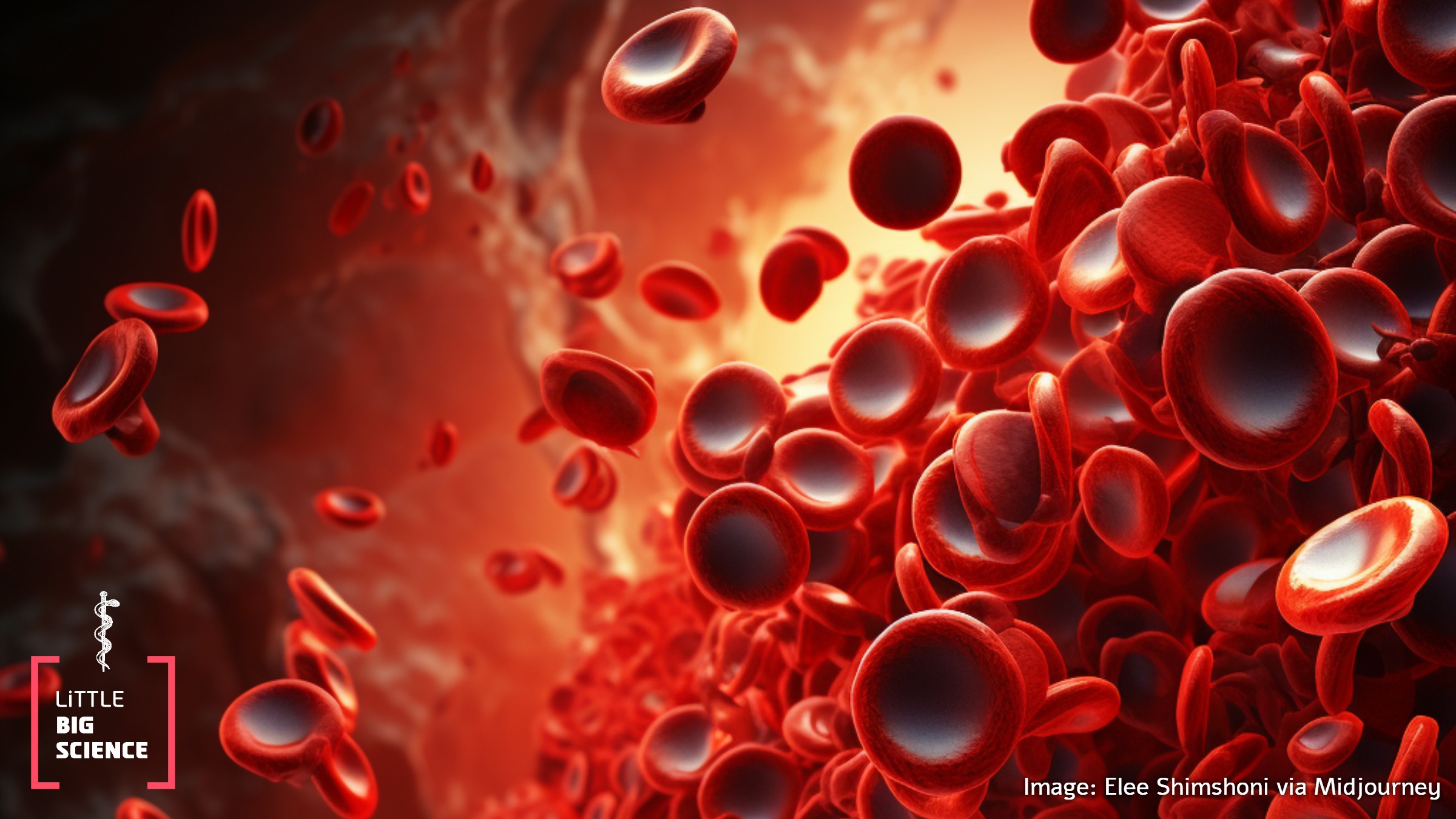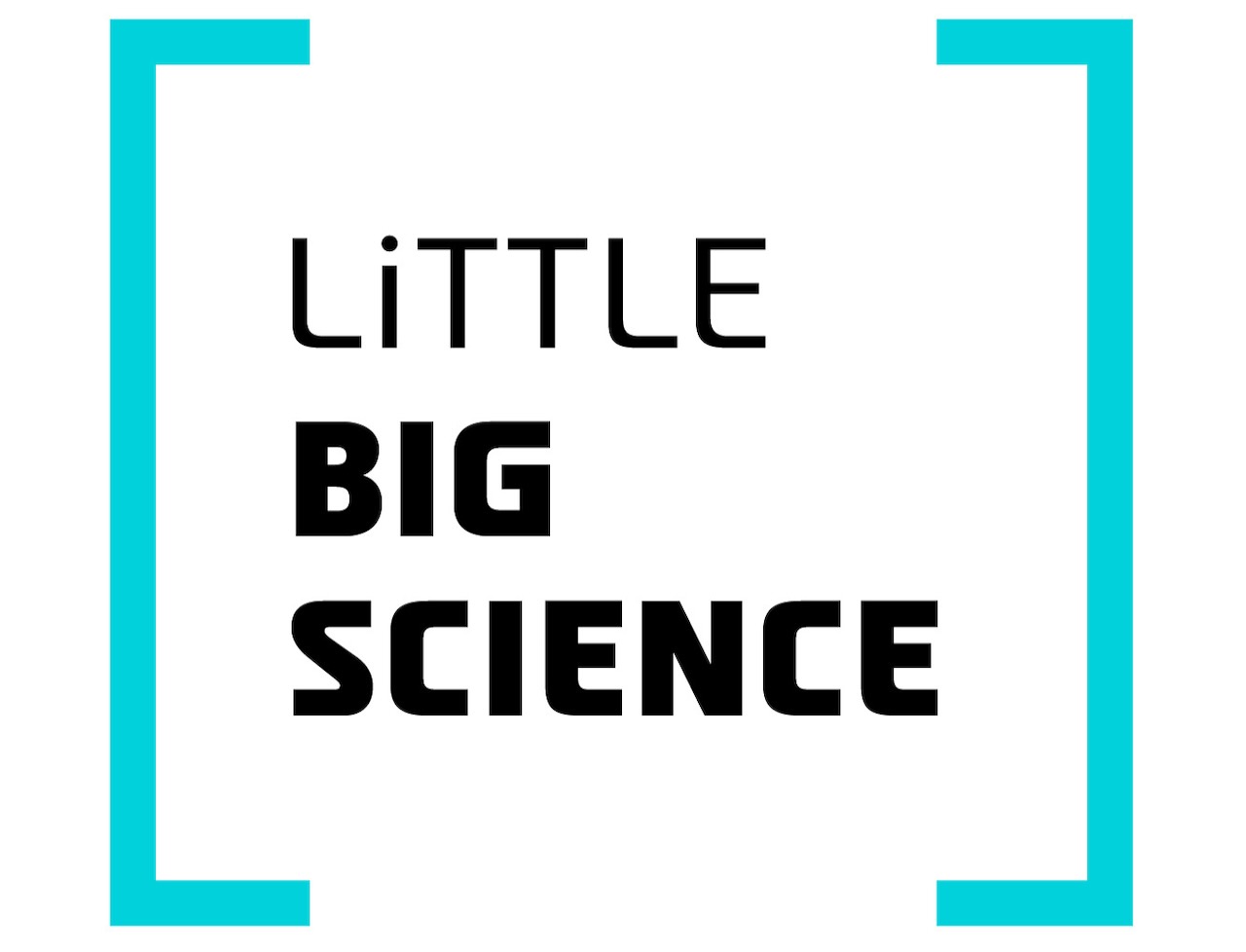
Advertisement
For the first time in the world, a treatment based on CRISPR gene-editing technology has been approved in the United Kingdom. The therapy, called CASGEVY, is intended to cure sickle-cell disease and beta thalassemia—hereditary conditions that affect hemoglobin, the oxygen-carrying protein in red blood cells. In sickle-cell disease, a hemoglobin mutation causes red blood cells to assume a sickle shape (hence the disease’s name), leading to disrupted blood flow, pain, organ damage, stroke, etc. In beta thalassemia, the mutation causes severe anemia; patients require frequent blood transfusions, every few weeks, alongside maintenance drugs.
The approval by the UK Medicines and Healthcare products Regulatory Agency (MHRA) followed positive results from a clinical trial in which patients received a one-time treatment. The therapy itself involves two stages: In the first stage, hematopoietic stem cells—cells capable of differentiating into all blood and immune cells—are collected from the patient’s bone marrow. Using CRISPR technology, the expression of genes responsible for encoding hemoglobin production in these cells is modified. CASGEVY guides the Cas9 enzyme to the target gene—the gene that enables production of the patient’s defective hemoglobin—where the enzyme cuts the DNA segment. This cut activates the production of normal hemoglobin from a different segment that is normally expressed only during the fetal stage and therefore lacks the mutation. In the second stage, patients receive chemotherapy that allows their bone marrow to incorporate the corrected cells. After infusion with the engineered stem cells, they divide and mature into red blood cells containing normal hemoglobin, alleviating symptoms by restoring proper oxygen delivery to all tissues in their body.
After treatment, patients remain hospitalized for about a month to ensure engraftment of the engineered cells and adequate production of red blood cells with normal hemoglobin.
In the clinical study, 28 of 29 sickle-cell patients experienced complete cessation of disease-related pain, and 39 of 42 beta-thalassemia patients required no blood transfusions for at least a year. The three patients who still needed transfusions saw their frequency reduced by 70%.
Because these are new technologies, the estimated cost of the therapy is very high—up to about two million dollars per treatment. Researchers currently believe that a single treatment will suffice, with patients monitored for roughly 15 years. Trials continue in the UK, USA, France, Germany, and Italy.
Receiving regulatory approval itself represents a significant breakthrough for gene-editing-based medical treatments. Applications for approval have been submitted in all the countries mentioned. The therapy was approved in England after 11 years of research and clinical trials and marks a major milestone in the application of CRISPR technology—a revolutionary approach for which Professors Jennifer Doudna and Emmanuelle Charpentier were awarded the 2020 Nobel Prize in Chemistry. Charpentier is a co-founder and board member of CRISPR Therapeutics, which developed the therapy in partnership with Vertex Pharmaceuticals.
Hebrew editing: Smadar Raban
English editing: Elee Shimshoni
References:
[1] CRISPR Therapeutics announcement of CASGEVY approval
[2] Nature News article about the treatment
[3] Explanation about CRISPR technology
[4] Clinical trial documents submitted to the FDA







